Every great blizzard that hits the U.S. sends people running to the grocery store to stockpile canned goods and, in recent years, to their keyboards for rampant hashtagging. As snow hit the Northeast on Monday and Tuesday, social media was rife with references to the #snowicane, the #snowjam and the #snownado.
TIME partnered with Hashtracking to find out which trending hashtags were getting the most traction on Twitter, as New York residents geared up for chaos that never really hit and New Englanders battened down the hatches. The results are in: The top hashtag for tweeting about the storm is the quite literal #blizzardof2015. (You can get a closer look at the chart here.)
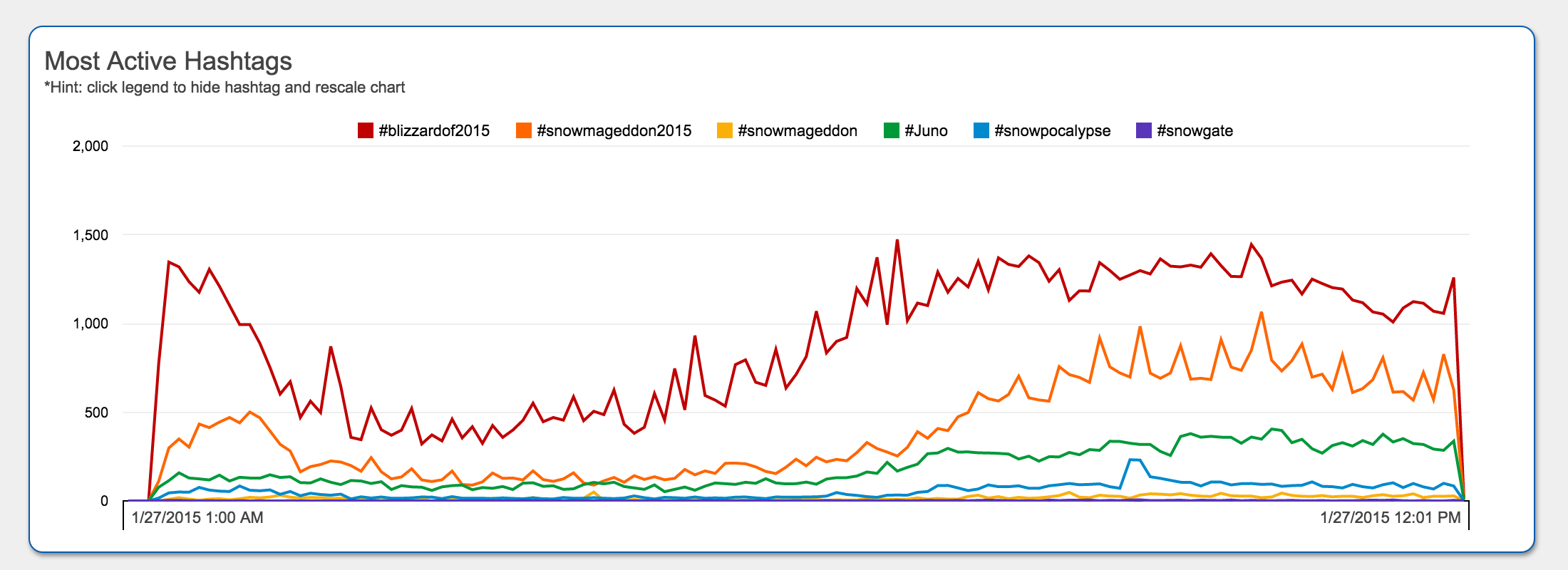
But, as with many competitions, the winners aren’t as interesting as the losers. Juno, the green line above in a solid third place, is the name for the storm chosen by the Weather Channel. That cable network decided two years ago that it would start giving names to winter storms like the government does for hurricanes, a move many saw as a branding “ploy”.
The government hasn’t endorsed the Weather Channel’s names and doesn’t name winter storms itself because snowstorms are more frequent and more ambiguous than events like hurricanes. The network has said its aim is to make people more aware of such events, but it appears that people prefer to orient themselves with the more straightforward #blizzardof2015 than the more arbitrary #Juno.
Blizzard 2015: How New Yorkers and New Englanders Shared Photos
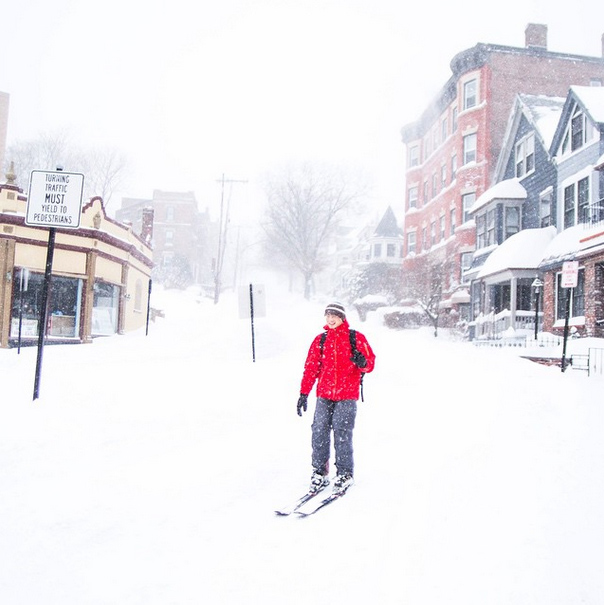
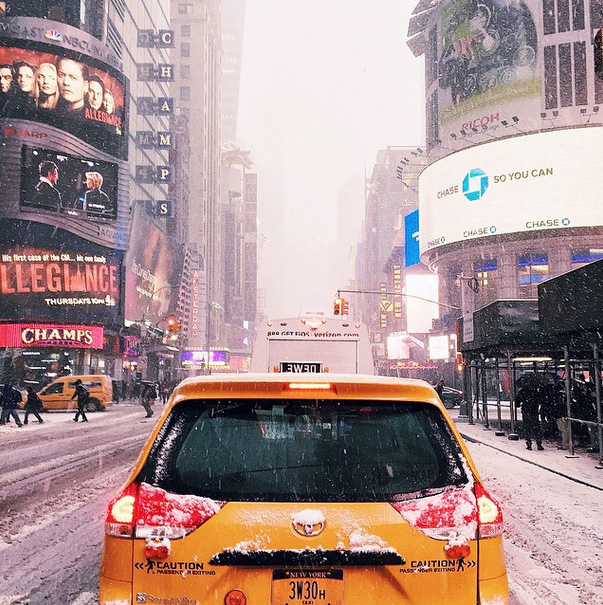
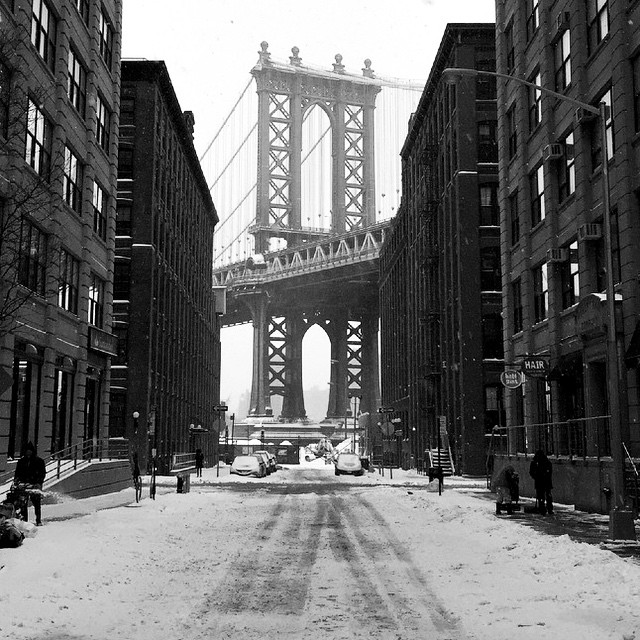
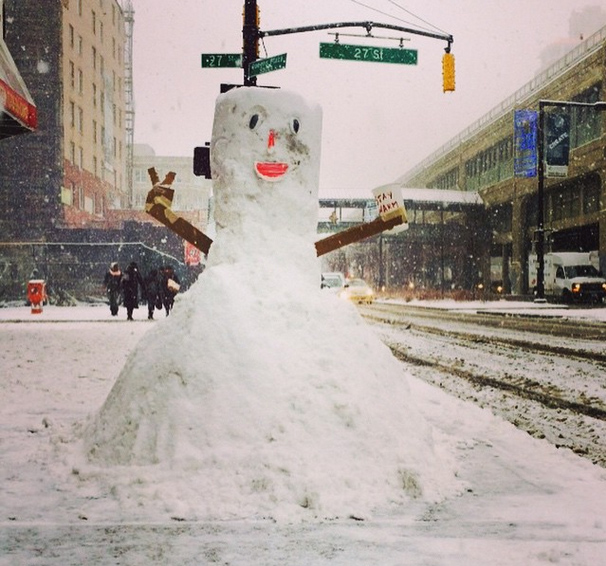
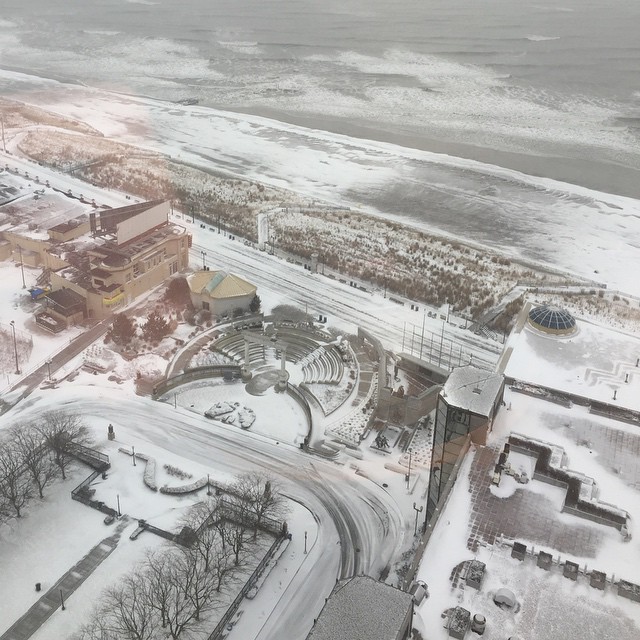
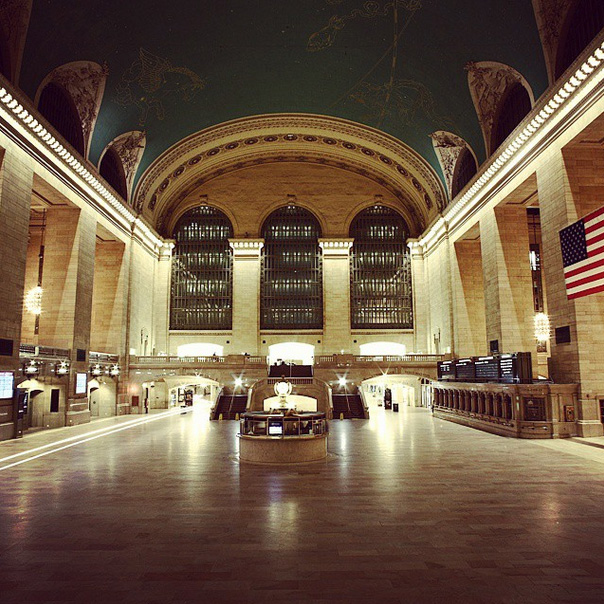

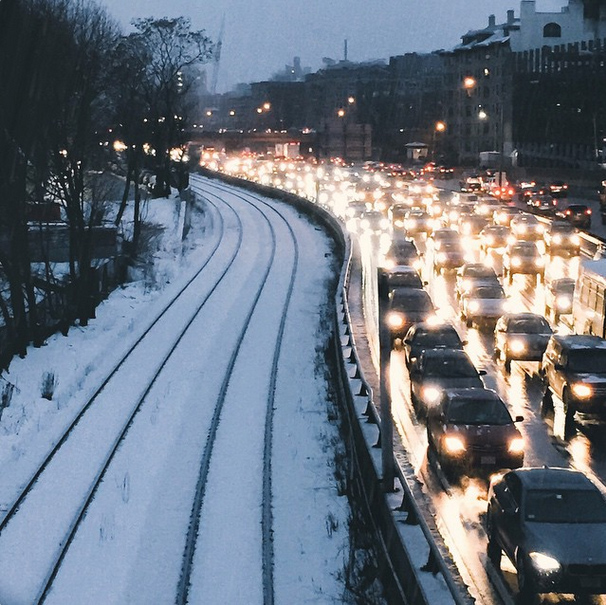
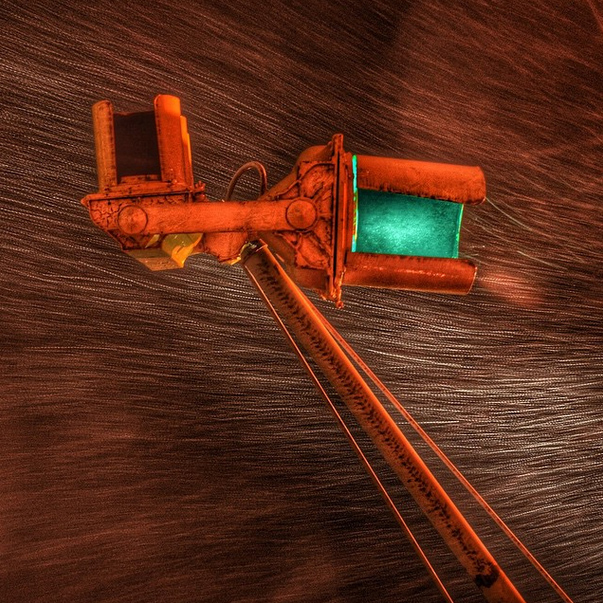
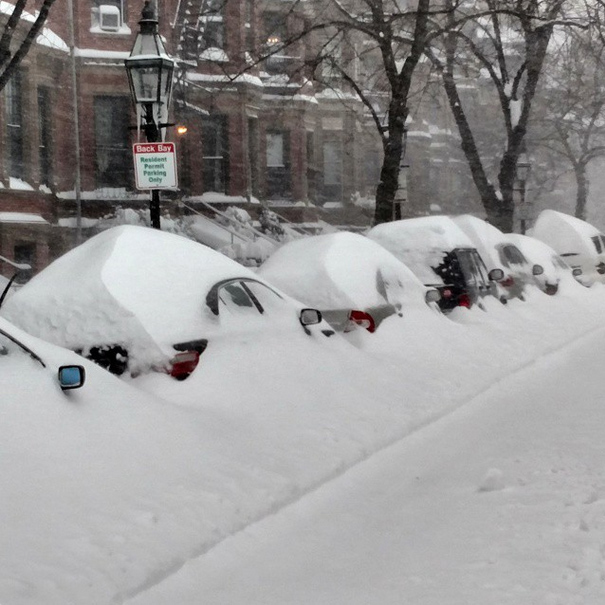
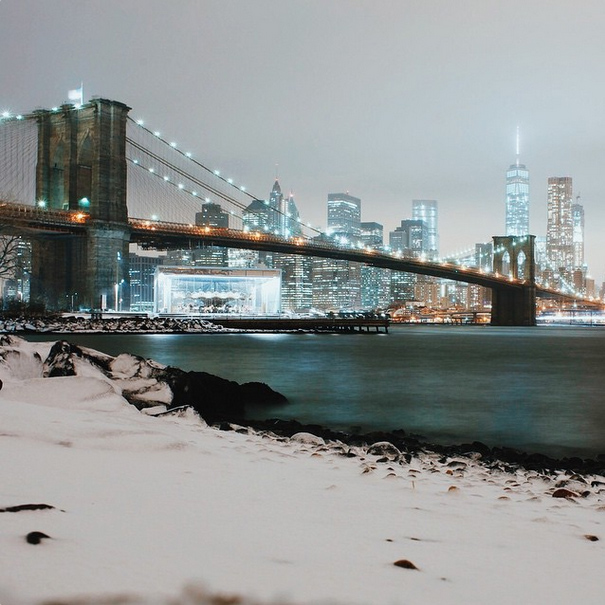
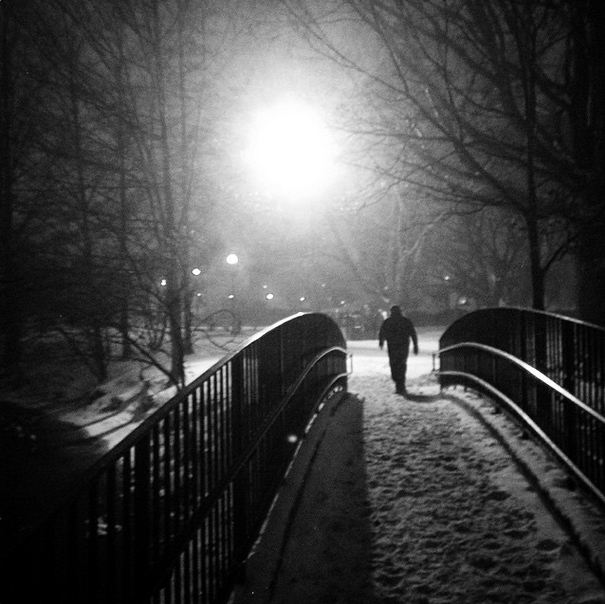
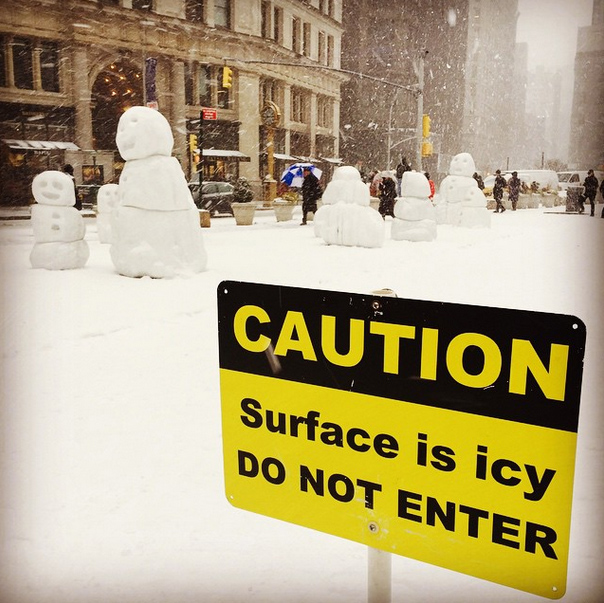
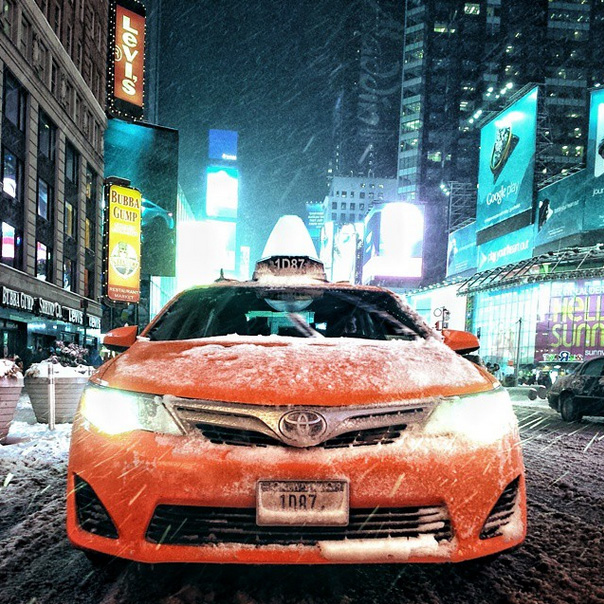
That unpoetic hashtag has also trumped the long-dominant blizzard-time puns #snowmageddon and #snowpocalypse. This blizzard may mark the first time some people are hearing this duo of “portmansnows”—as Stanford University linguist Arnold Zwicky dubbed them—but they have been around for at least a decade. And they may finally have reached a point of exposure where they’re on the way out.
Ben Zimmer, executive editor at Vocabulary.com, found evidence of bloggers using this “snowmenclature” when storms hit the U.S. in 2005. But, he says, they didn’t really blow up until Twitter had taken hold in 2010. Even President Barack Obama was on board that year. “Hashtags lend themselves to this play with blended words,” Zimmer says. “And a successful blend, one people recognize and understand, is one where the parts are obvious at first glance, like snowmageddon.”
MORE: Why Blizzards Turn Us Into Irrational Hoarders at the Grocery Store
Clearly snowmageddon is a blend of the white precipitation commonly known as snow and Armageddon, the final battle between good and evil that leaves the earth in ashes—just as snowpocalypse is a blend of snow and apocalypse, a last catastrophe that marks the end of the world.
But what really makes these words irresistible (at least for a while) is the nature of the events that inspired them. As Zimmer says, “It makes you feel like you’re in a disaster movie.” And what’s the best part of a huge snowstorm or a zombie takeover that leaves 10 newly acquainted survivors huddled in a farmhouse? The same thing. There’s a suspension of the rules. You’re expected to figure things out for yourself and you get to do things you wouldn’t on any regular day. Walking right down the middle of what is usually a busy street is a thrilling little treat, whether everybody’s dead or everybody’s cars are stuck in their driveways.
Just like those survivors in the farmhouse, there is also a sudden solidarity among everyone who is having their normal lives upended. “There’s something kind of exciting and it kind of draws everybody together,” says Tom Skilling, top weather broadcaster for WGN in Chicago. “‘We’re about to go through this as a group and if we all deal with this together, we’ll get through this.’ Major weather events affect everybody, all ages, all demographic groups. And if it doesn’t happen too often, there’s a drawing together that goes on.”
That said, Skilling is not a big fan of these “gimmicky” words. He’s more of a #blizzardof2015 kind of guy. The fact that they’re so hyperbolic—clearly no one is taking a snowstorm as seriously as an apocalypse—makes them playful. And the fact that they’re playful might lead to people not taking dangerous weather events as seriously as they should, he says. “You’re dealing with an event in nature that really does have great consequence,” he says. “Sometimes we’re better off just dealing with facts.” (Then Skilling apologizes for being a killjoy.)
Here is a short selection of puns and plays on words the people are using to get themselves through this cold, dark time.
#snowbomb
#snowboken
#SnowCountryForOldMen
#SnowEndInSight
#snowghazi
#snowgate
#snowicane
#snowjam
#snowjob
#snowku (for haikus about the storm)
#snowlarvortex
#snowmageddon
#snownado
#SnowtoriousRex
#snowwhat
(Feel free to tweet the author with other puns to add.)
More Must-Reads From TIME
- The 100 Most Influential People of 2024
- Coco Gauff Is Playing for Herself Now
- Scenes From Pro-Palestinian Encampments Across U.S. Universities
- 6 Compliments That Land Every Time
- If You're Dating Right Now , You're Brave: Column
- The AI That Could Heal a Divided Internet
- Fallout Is a Brilliant Model for the Future of Video Game Adaptations
- Want Weekly Recs on What to Watch, Read, and More? Sign Up for Worth Your Time
Contact us at letters@time.com